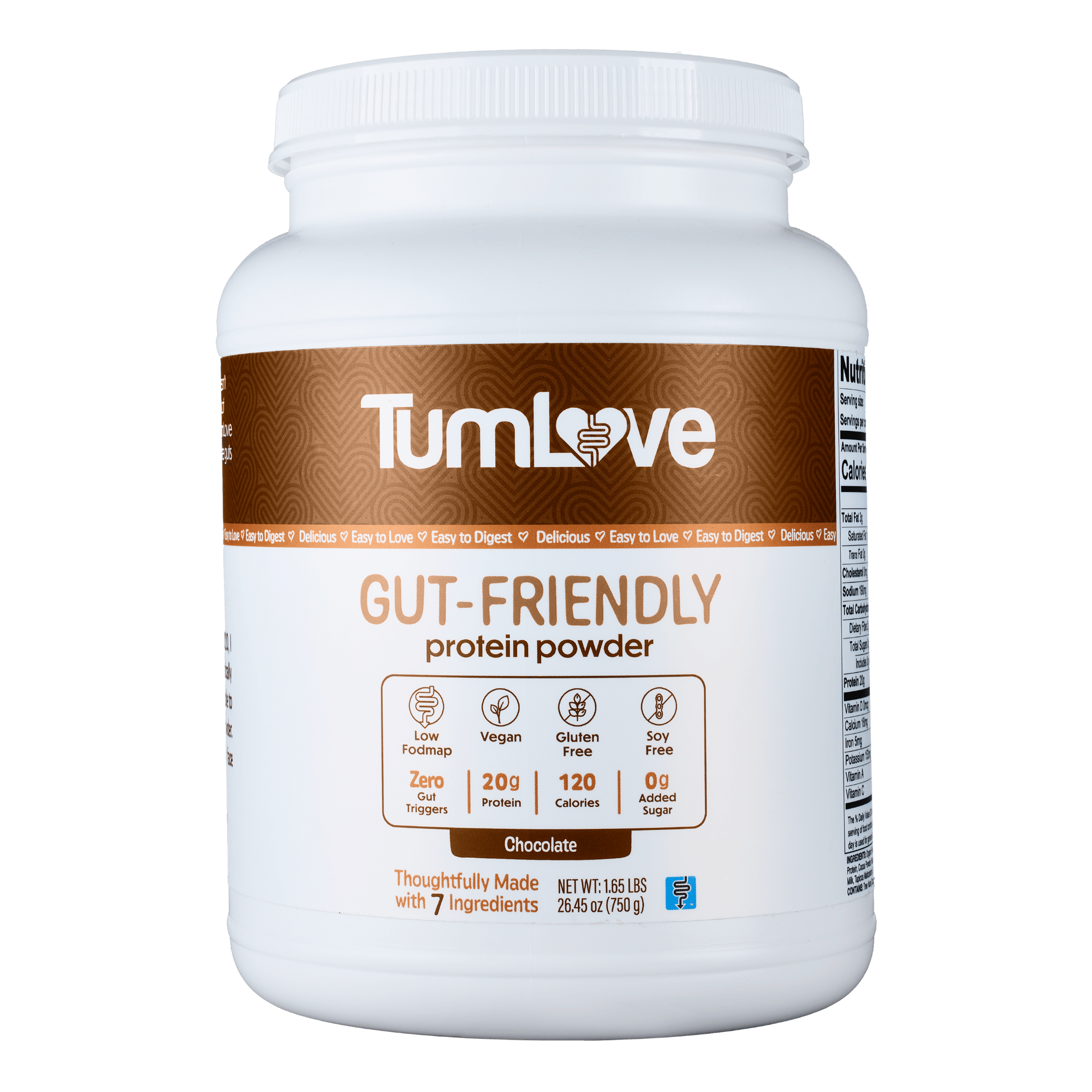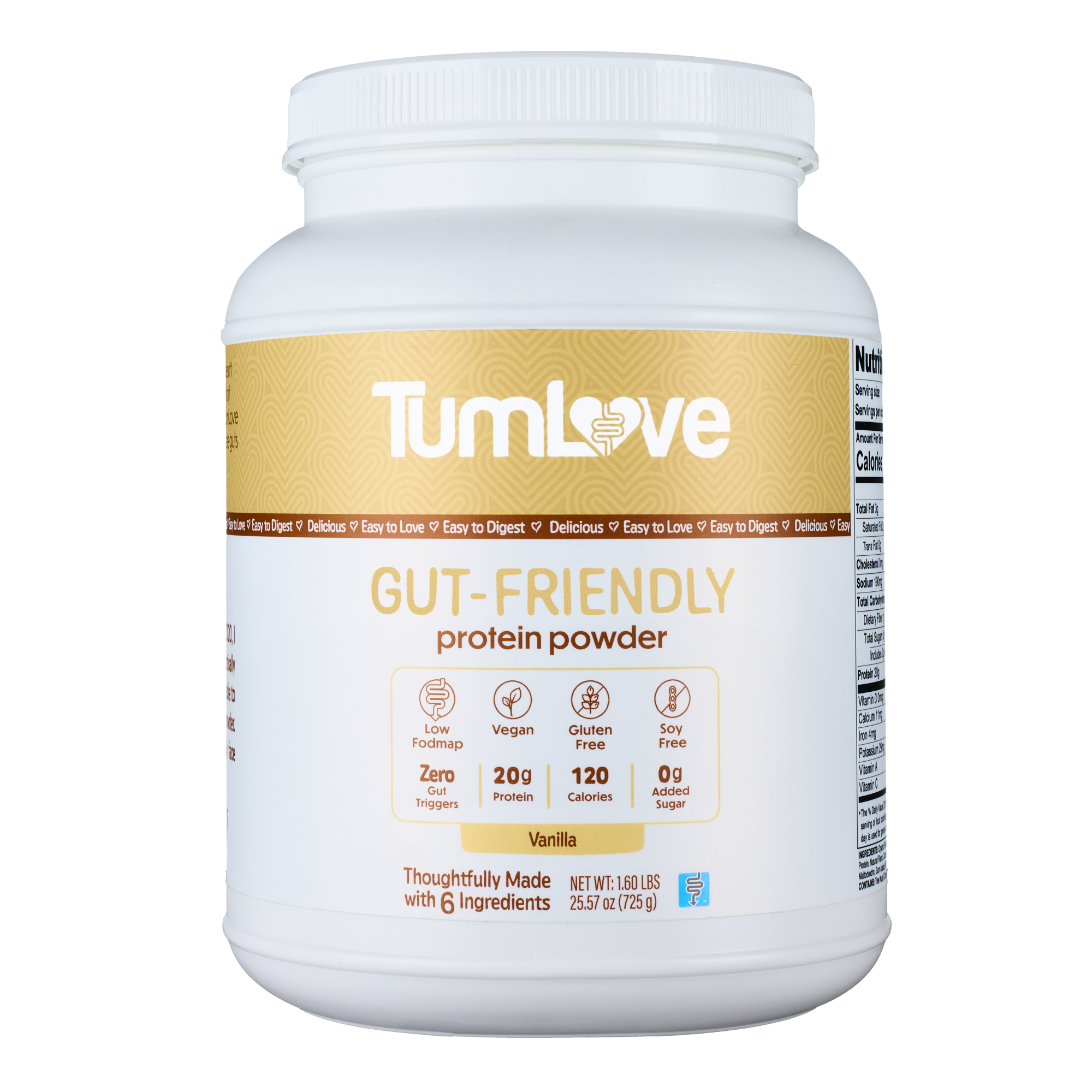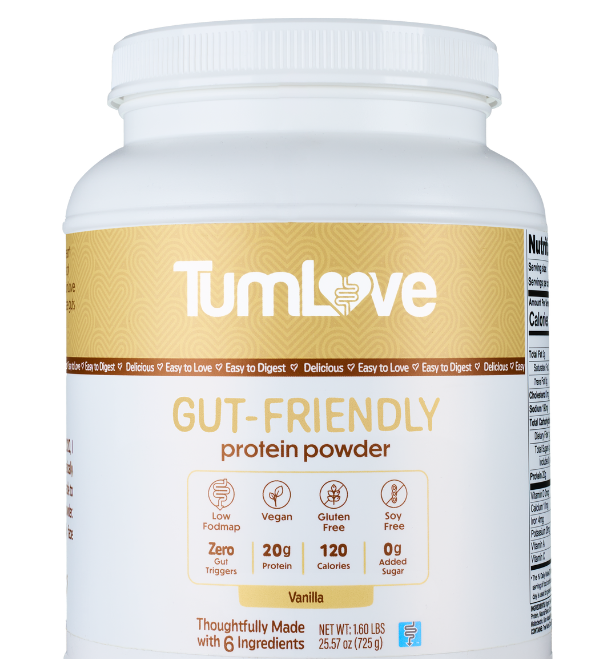Unlocking the Role of IBS Protein in Managing Irritable Bowel Syndrome
Protein is one of the three macronutrients, along with carbohydrates and fat. Macronutrients are nutrients we need in large amounts. Every tissue of the body is built and repaired with protein. If you are dealing with IBS or any digestive distress, there is most likely a degree of internal tissue repair that is needed. Protein is crucial for stomach acid production. We need enough stomach acid to break down and absorb the protein we consume. Protein also forms our neurotransmitters which are our body's chemical messengers. These are things like serotonin, dopamine, and GABA, which all play a crucial role in your mood. Your ability to be happy, stay calm, feel excited, etc., depends on neurotransmitters. Fun fact, more than 90% of the body's serotonin is located in your gut! Protein is also essential for gut repair due to the healing properties of several different amino acids, such as glutamine, glycine, and proline.
Fortunately, most protein sources are low FODMAP unless marinated with the flesh of garlic or onion. You will want to ask about this when eating out at a restaurant because most places marinate animal protein before cooking. You can enjoy protein in various forms, including chicken, beef, turkey, fish, eggs, or protein powder. I recommend protein powder as a convenient and quick option to increase your daily protein and calories. Often for IBS sufferers, it is much easier to tolerate a shake sometimes versus a full meal.
When choosing a protein powder, you want to make sure it is made with quality ingredients, sprouted grains, minimal additives, and is Monash/low FODMAP certified. Using a protein powder that is Monash-certified will ensure tolerability, so you don’t have to worry about adversely reacting. In addition, there are many unique ways to use protein powder, such as in a smoothie, as pudding, in baking recipes, or even as an addition to milk with your favorite cereal to keep your blood sugar balanced.
Here is one of my favorite low FODMAP breakfast smoothies:
- 1 scoop TUMLOVE vanilla protein powder
- ½ firm banana
- ⅓ cup frozen raspberries
- ⅓ cup frozen blueberries
- 1 tablespoon almond butter
- 1 handful baby spinach
- 1 cup almond, cashew or lactose free milk
*you can also add ¼-½ cup dry rolled oats if you want to increase the carbohydrates and calories of this smoothie*
Shop Now




